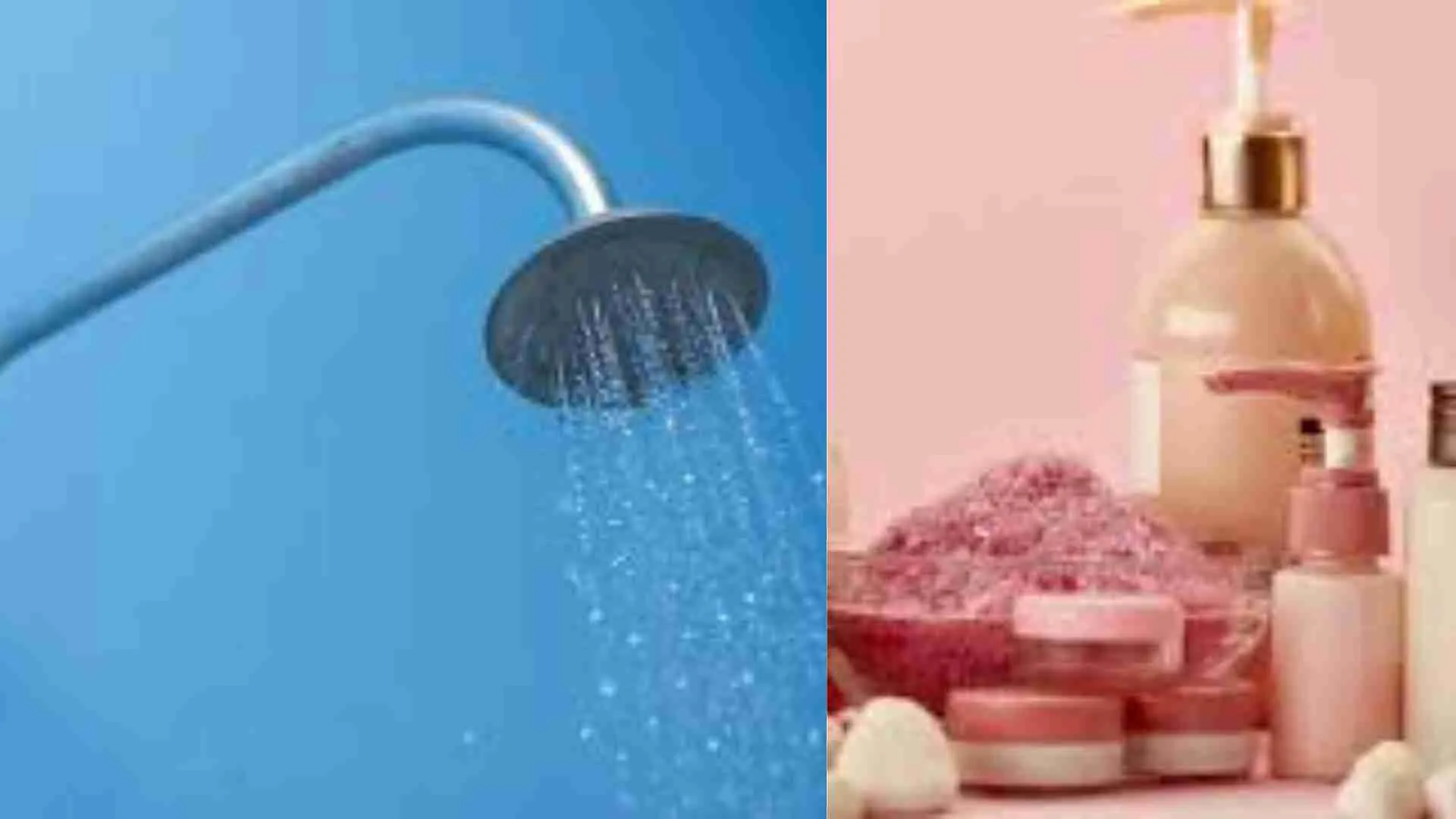For many, daily showers are a standard practice, closely tied to personal hygiene and protection against bacteria and infections. The beauty and personal care industry has capitalised on this notion, growing into a market worth over $100 billion in the US alone by 2024. With new skincare and hygiene products emerging constantly, one must wonder—are they all truly necessary?
A Doctor’s Radical Experiment: Five Years Without Showers
Dr. James Hamblin, a specialist in preventive medicine and public health, decided to challenge traditional beliefs by abstaining from showers for five years. His journey, documented in his 2020 book Clean: The New Science of Skin, aimed to explore the real necessity of daily bathing.
A common concern surrounding his experiment was body odor. Hamblin addressed these worries, explaining that he continued to wash his hands with soap, occasionally rinsed his hair, and cleaned himself when visibly dirty. However, he completely abandoned regular showers and the use of traditional personal care products.
What Happens When You Shower?
In an interview with CNN, Hamblin revealed his key observations. He noted that most personal care products are designed not just for hygiene but also to enhance appearance, scent, and skin texture. While he acknowledged that soap effectively breaks down oily residues, he emphasised that physical washing—such as rubbing hands under water—is the most crucial factor in removing dirt and germs.
According to Hamblin, frequent showering, especially with hot water and soap, disrupts the skin’s natural microbiome—a community of beneficial bacteria that interacts with both internal bodily functions and the external environment. Over-washing can strip away natural oils, dry out the skin, and remove essential microbes, potentially affecting overall health.
The Skin Microbiome: More Important Than We Think?
Although research into the skin microbiome is ongoing, initial findings suggest that these microorganisms play a more significant role in human health than previously believed. Hamblin compared excessive showering to clear-cutting a forest—an action that might cause more harm than good in the long run.
Hygiene vs. Bathing: Understanding the Difference
Hamblin also highlighted a critical distinction: hygiene and bathing are not the same. Hygiene involves practices that prevent the spread of infectious diseases, such as washing hands after using the restroom or covering sneezes. Bathing, on the other hand, is primarily a personal ritual aimed at feeling refreshed and presentable rather than maintaining health.
“It is not for your health,” Hamblin stated, referring to showering. While some prefer a minimalistic approach, others indulge in elaborate bathing routines. Most people fall somewhere in between, following habits shaped more by societal expectations and marketing than by actual health needs.
Do We Really Need to Shower Every Day?
Hamblin’s experiment challenges deep-rooted cultural beliefs about cleanliness and raises an essential question: Is daily showering a true necessity, or is it simply a habit ingrained in society over time? As research on skin microbiomes continues, his findings encourage people to reconsider their approach to personal hygiene and embrace a more balanced routine.










